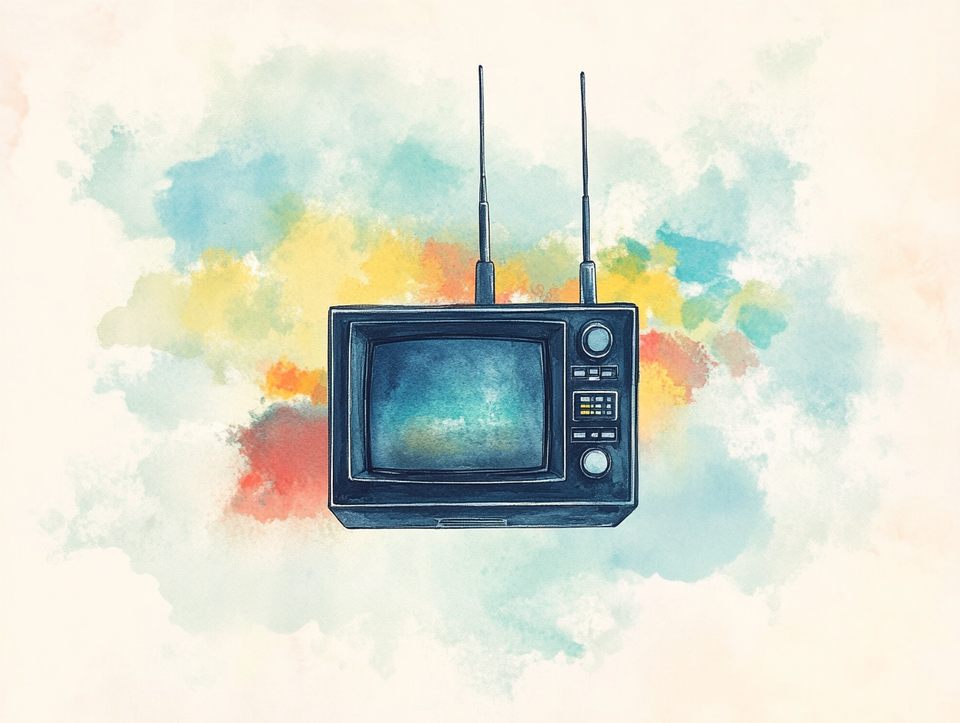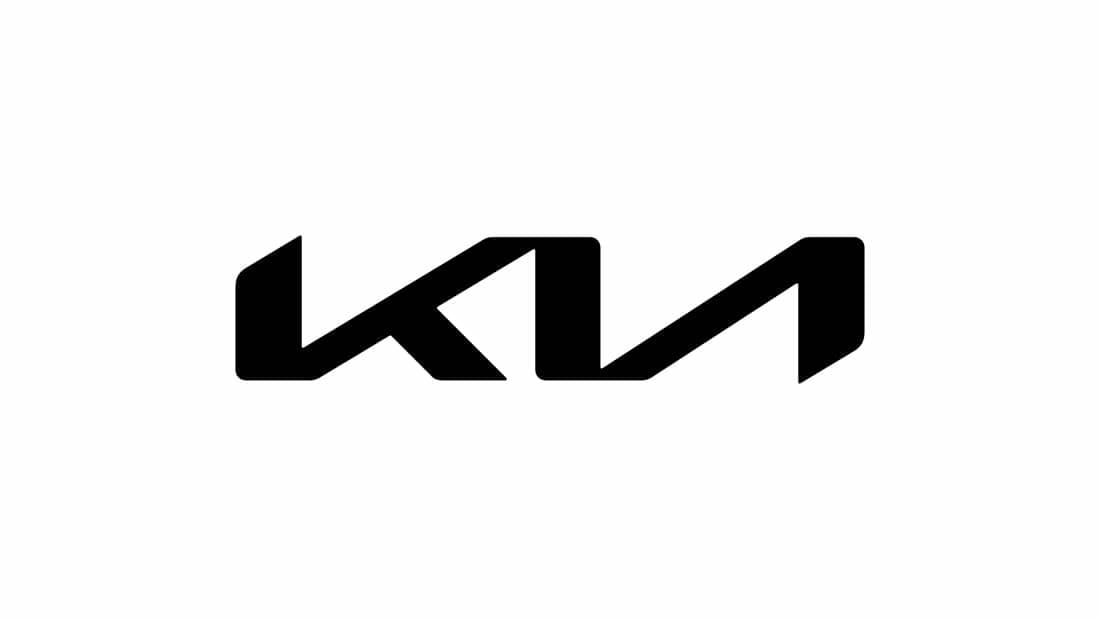We Don't Need Another iPod for Streaming TV, We Need An iTunes

Last week, Google announced the end of Chromecast. The device, which amongst other things, was meant to give an answer to the Apple TV box with its AirPlay functionality. It was an interesting attempt in the living room because it wasn't a set top box, but instead a dongle that jacked right into an HDMI port and dangled down like a sort of small oval puck. Sadly, it seems the strategy didn't really work for Google. How do I know that? Well, they're replacing it with a set top box.
Spoiler alert: this strategy won't work either. Because the world doesn't need yet another set top box. Roku and Amazon already won this battle to replace the cable box for many people as "Input 1". Yes, Apple got some other households with their slightly higher end Apple TV box. And now having failed to compete with the former, Google seems to be going for the latter. But again, it doesn't matter.
This battle no longer matters. These boxes don't matter. They're all fine. They're all roughly the same.1 There are different price points and different specs. It doesn't matter. What matters is the unification of the content they're meant to serve up. That's it. That's the game now. Build that and the users will follow.
Said another way: we don't need the iPod of this space. We need the iTunes.
People forget the history here in part because the iPod was a beautiful piece of machinery. But what really made the iPod sing, as it were, was the coupling with iTunes. That is, a unified, simple, and intuitive way to get all the music you wanted on to that iPod. The biggest part of that equation was Steve Jobs' ability to convince the record labels to hand over the keys and to let Apple drive. Someone needs to do this with all these streaming services, pronto.
The real game changer will be when one of these players can truly unify the streaming experience. Meaning, they create a simple and single UI which gives you easy access to anything and everything you want to watch. Not hunting and pecking through various streaming apps; a single interface based around content. It sounds so simple because it should be so simple. But it's not so simple because of the various players involved. Much like the record labels of old, everyone has their own opinions, hopes, and fears. And most importantly, everyone wants to get paid. Everyone needs to get paid.
Piracy, in a counterintuitive way, helped back then. iTunes was actually not the first to build a unified, simple, and intuitive way to get all the music you wanted. That was Napster. Unfortunately, they had no legal means to make it all work. The lawsuits started flying while the downloads kept flowing. In walked Steve Jobs...
Each of the players in the current streaming box race seemingly knows what they need to do – what customers desire. Because they've all been inching closer to it over years and years. Amazon. Roku. And even Google. And yes, Apple. In fact, I'm still not convinced that one of the last messages that Jobs conveyed to his biographer from his death bed about "cracking" the television space, wasn't about this very thing. Again, a single place to get everything you want as quickly and as seamlessly as possible. An iTunes, as it were.
Obviously it won't be like iTunes was back then. We're way past the point of paying for individual content downloads. In an ideal state, there's a UI which is based around shows and movies and you click on what you want to watch. If you already subscribed to where that content resides (knowing that content often shifts around depending on windowing rules – but users shouldn't have to worry or think about that), it plays. If you're not, it needs to be a one-click purchase to play it. Maybe there's a way to do it one-off with credits that this unifier sells, so that you don't have to subscribe to every single streaming service, but perhaps that's a bridge too far. At least at first. For now, I'd just settle for a one-click way to subscribe right from the click of the content I wish to play and for it to then play.
In order for that model to work, you would also need a simple way to cancel or "pause" any streaming service with one-click. Apple has normalized such behavior through the App Store and other services have had to follow. But they obviously all do so beyond begrudgingly. No one wants to productize churn. Whomever this productizer ends up being needs to productize churn for this to work.
Again, that's part of the key is all if this is to work. You need to be able to easily flip "on" and "off" various content channels depending on what you want to watch. We're already at the breaking point with too many streaming services. They're starting to consolidate and/or re-bundle, but that's going to be a process. And they're all going to want to process it in different ways before they actually recognize that none of this is going to get us to an actual promise land in terms of user experience. Just look at the current state of things:
Disney bundled all of their content together into a package offering – Disney+, Hulu, and ESPN+ – and is now bundling Hulu into the Disney+ app. And they're adding a new offering with Warner Bros Discovery's Max service, which they don't own, but probably should. But honestly, Apple really probably should. And should bundle that content within Apple TV+. But that would complicate the forthcoming sports bundle from Disney, Warner, and Fox. Not to be confused with the other new sports streaming service coming from Disney in the form of ESPN – itself not to be confused with ESPN+. Comcast has a bundle including Apple TV+ and Netflix, but only if you're a Comcast customer. Many of the wireless carriers have similar offerings. Amazon offers many of the other services via 'Channels' which Apple and others are now doing as well. Soon-to-be Paramount parent Skydance has said they want to find a bundling partner for Paramount+. And WBD wants to bundle Max with seemingly anyone. Comcast will need to bundle Peacock too, of course. It's a total mess.
This will all play out with all of us in a place not that different from where we are right now, would be my bet. And even inevitable consolidation won't fully help – if anything, it may make the above issues worse with the remaining four or five big players all refusing to play nice with an aggregator, as it were.
That's Netflix right now. They refuse to let their content be shown in these UIs outside of their own app. And given their place as by far the most important streaming service, they have the power to stop even the likes of Apple and Google and Amazon in this regard. The only hope here may be that such a content aggregator amasses enough power to actually drive subscriptions (and reduce churn) thanks to solving discovery (and, importantly, recommendations). But it's sort of a chicken-and-egg problem at the moment. No service can do this until the content providers buy in. And no one is going to buy in until a service proves itself.
So we need a Steve Jobs and market conditions that are right to allow someone to have such tough conversations with content folks. I wrote this post five years ago. It's much worse now.
Ultimately, it may end up being Netflix that is the hypothetical content aggregator. They're without question the most powerful player in the space right now and after building up their service on the back of others' content, only to have those content producers resent them for it, those producers are now back at the table licensing their content to Netflix. Why? Because that's where all the eyeballs are. The service has proven the ability to make hits out of not only their own content, but other content that wasn't a hit elsewhere too. It's a very powerful position.
Right now, Netflix hasn't shown the desire to build up a full-on service like the one I envision above. Instead, they want to host and stream any content from their own servers. Maybe that's what it takes – again, this is also what iTunes did back in the day. But the issue is that the other content providers are not going to let them do this beyond the ad-hoc content licenses because they want subscribers to their own services. So there has to be some sort of clever product implementation (including with payments, per above) or some sort of new model. Or some sort of industry shift that makes everyone seek out a new model.
Yes, yes, insert the joke about the cable bundle here.2
But really, Amazon is probably the closest to what I'm thinking here with their "Channels" model for other service's content. And others, including Apple, have copied this. But it's not nearly seamless enough. And again, it doesn't include Netflix content so it's never going to be the ultimate solution.
We all make it work now, but it has grown untenable. And I suspect with the continued collapse of cable and sports content fragmenting in a dozen different directions, the calls for what I'm suggesting with only grow louder.
Just close your eyes and imagine a single interface where all the world's content is served up to you and you're just one click away from watching any of it. Not a few clicks and navigating some other UI. Not a click and a dialog box saying you can't access the content. Just a click and you're watching.
This sounds like... well, iTunes. Or if you want to use the heir apparent in our streaming age: Spotify. Again, that's sort of the dream. That interface and ease of use, but for all video content. No more need to use Google to see which show is playing on what service. Or which movie is coming when to a streaming service you already subscribe to.3 It all just works.
We're about 20 steps removed from the powers that be getting in line behind such a model, but if you squint, you can see it. It won't look exactly like iTunes or Spotify. But it might look sort of like Netflix. It has always been a question as to which of the big players has the time and patience to let the smaller players bleed out. And they've been bleeding. Who steps up to provide the tourniquet?





1 And, of course, all such services are increasingly built into the TVs themselves -- even Apple TV+! So why buy these boxes? Which is also why it's foolish that Apple doesn't focus more on gaming here, but I've been saying that for over a decade...
2 But I'm also reminded of TiVo, when it first burst on to the scene and gave us a product offering so much better than what came before. Granted, it ultimately didn't work out for them, but it was great while it lasted!
3 You would have thought that given the data, Google would be in prime position to leverage such searches and bake this type of unique discovery into say, a set top box...


